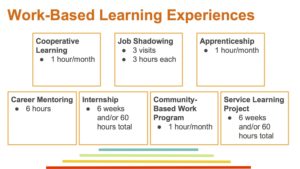Employers and educators brainstorm ideas for work-based learning experiences
Educators and employers met at the Consortium in late October to see how they might work together to provide students with work-based learning experiences.
Work-based learning experiences are among three industry-based learning indicators that the Pennsylvania Department of Education (PDE) accepts as evidence students are meeting an important standard for college and career readiness by the time they graduate.
“It’s more than a check-off,” Consortium Program Director Christy Kuehn noted as she briefed attendees on seven state-recognized options for creating work-based learning experiences. “While these are state requirements, it can be so meaningful for students to work with businesses while they’re still in school because it can really have an impact on how they plan their next steps after graduation.”
Schools are facing the new standards, which came into effect last year, just as employers are beginning to feel the pinch of a tight labor market.
The confluence of interests is beginning to inspire partnerships that help students achieve the standards while also acquainting them with the kinds of jobs employers are trying to fill and helping them develop important workplace skills.
For example, Greensburg Salem School District worked with the German American Chamber of Commerce this year to launch a pre-apprenticeship program in partnership with Leybold USA, an affiliate of Germany’s Leybold GmbH.
Leybold’s end goal is creating a pipeline for sales engineers. The pre-apprenticeship is the first step, but interested students can follow a pathway into a full-fledged apprenticeship and ultimately obtain two or four-year degrees as Leybold employees.
Clairton City School District and Kurt J. Lesker Co. have partnered in multiple ways, said Guidance Counselor Maureen Shaw. Among qualifying work-based learning experiences, the company has offered job-shadows.
Lesker also has offered workplace exposures that don’t meet the state’s criteria for work-based learning experiences, but still give students other career learning opportunities that the Pennsylvania Department of Education sets.
All of them help students learn about employment, Shaw noted, adding that some, like the mock-interview opportunities Lesker gives students, help generate artifacts for their portfolios. Artifact is a term the state uses for documentation of a necessary career learning activity.
Business representatives said they found discussions with educators important to moving forward with their own partnership ideas. Among other reasons, some said they came away with a better understanding of state standards and use the information to tailor their outreach programs to meet school needs.






